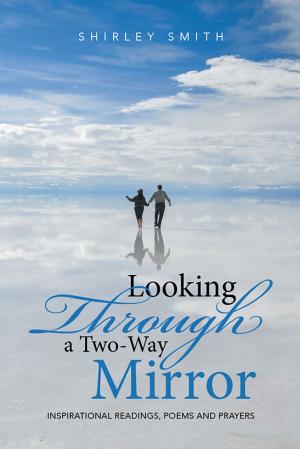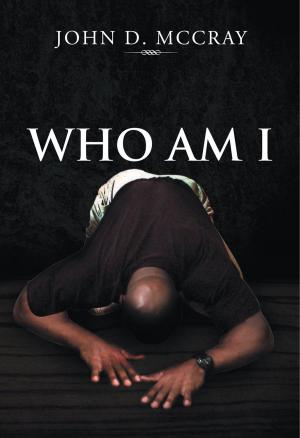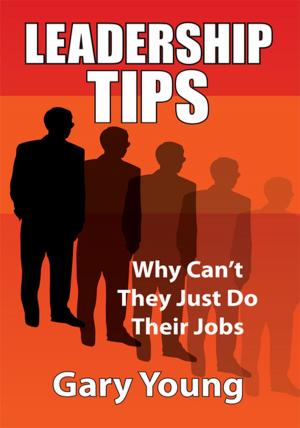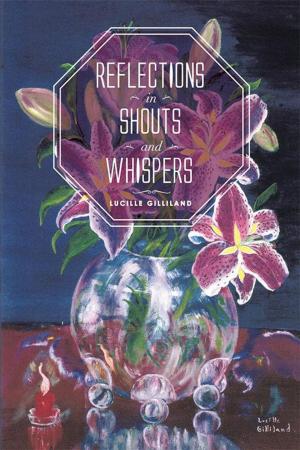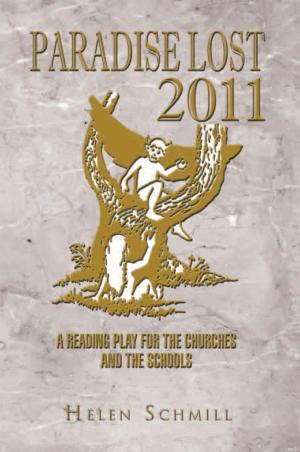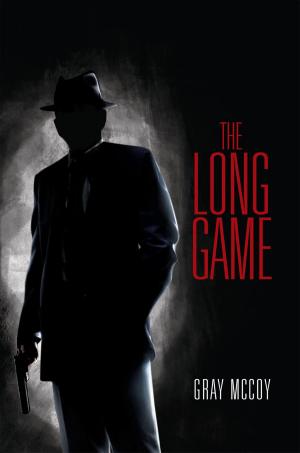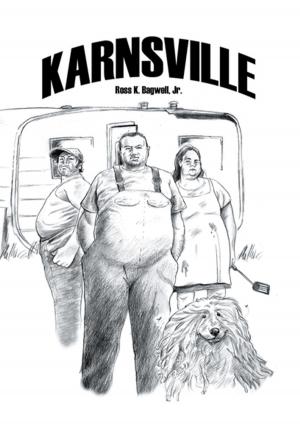| Author: | Robert Rose Ph.D. | ISBN: | 9781462831609 |
| Publisher: | Xlibris US | Publication: | October 18, 2000 |
| Imprint: | Xlibris US | Language: | English |
| Author: | Robert Rose Ph.D. |
| ISBN: | 9781462831609 |
| Publisher: | Xlibris US |
| Publication: | October 18, 2000 |
| Imprint: | Xlibris US |
| Language: | English |
Be an elementary teacher? In 1958 this was not even a consideration. I was going to be a child psychiatrist and novelist. I hadnt done any writing during my four years in the U.S. Air Force, but I had functioned as a psychologist-social worker. At twenty-one I had my own office and I was giving marriage counseling to noncommissioned officers and officers who were decades older than I was. I had practical experience doing individual and group therapy and even used psychodrama techniques. The psychiatrists I worked with all believed I was a natural therapist and they gave me dozens of books to read, we discussed their cases, and they wrote recommendations for me for medical school. My goals were lofty; then, reality set in. I didnt have the money (or grades) to become a doctor. My bachelors degree in psychology was next to useless. A friend suggested I teach while I pursued advanced degrees to become a child psychologist. It was a painful compromise. I had already given up my dreams of becoming a professional actor or athlete and I would have to be an elementary rather than a high school teacher so I couldnt coach football or track. It was like being a dishwasher rather than a restaurant owner. There was also the commonly held belief then that a male elementary teacher must be somewhat effeminate, if not an outright homosexual. Throughout my career people have been surprised (disappointed?) that a man who looks like a light-heavyweight boxer could be a teacher of small children. Still, I had a wife and a child to support so I got a teaching credential.
I had been bored in school and I was determined to make my classes interesting, but I was totally unprepared emotionally, educationally, or organizationally. I was wildly successful only because I was charismatic, creative, and I truly enjoyed the children.
The more I realized how much more effective I could be with so many more children every year as a teacher than I could be as a psychologist, the more I knew I had stumbled into a great career. I had found my calling. I could express my artistic self through music, art, dancing, and drama. My athletic needs were met by playing with the children while teaching them all the sports I loved. I had a captive audience for my need to perform as I read to them dramatically and transmitted my eclectic love of learning. I was proficient in many psychological techniques, which came in handy as I probed their brains and changed their behaviors. I was almost too clinical in the first few years as I secretly tested my children using the ink blot test, sentence completion, and the TAT (ambiguous pictures) which I used as means to motivate their writing. Later, I realized that it was not so much the testing, as it was the time I spent individually with children that made the difference. I was interested in each of them and they knew it and so they shared their lives inside and outside the school as if I was their therapist.
Therapists never get the opportunity to see their clients in the environments that are causing their problems. I not only saw things through their eyes and the dynamics of their relationships, but I was in the position to actually change these by what I did. Whether it was as simple as changing their seat or reading group or placing them in allegedly extemporaneous plays to act out (feel) a role that they needed to experience, I made immediate changes in their lives. It was then I knew that my (often) traumatic experiences as a gifted Jewish child alone in hostile schools where I was seen as an evil presence was not unusual. It was not religious, racial, cultural, or gender differences alone, it was the very structure of the schools that caused the horrific and demeaning situations that almost every child experiences. The const
Be an elementary teacher? In 1958 this was not even a consideration. I was going to be a child psychiatrist and novelist. I hadnt done any writing during my four years in the U.S. Air Force, but I had functioned as a psychologist-social worker. At twenty-one I had my own office and I was giving marriage counseling to noncommissioned officers and officers who were decades older than I was. I had practical experience doing individual and group therapy and even used psychodrama techniques. The psychiatrists I worked with all believed I was a natural therapist and they gave me dozens of books to read, we discussed their cases, and they wrote recommendations for me for medical school. My goals were lofty; then, reality set in. I didnt have the money (or grades) to become a doctor. My bachelors degree in psychology was next to useless. A friend suggested I teach while I pursued advanced degrees to become a child psychologist. It was a painful compromise. I had already given up my dreams of becoming a professional actor or athlete and I would have to be an elementary rather than a high school teacher so I couldnt coach football or track. It was like being a dishwasher rather than a restaurant owner. There was also the commonly held belief then that a male elementary teacher must be somewhat effeminate, if not an outright homosexual. Throughout my career people have been surprised (disappointed?) that a man who looks like a light-heavyweight boxer could be a teacher of small children. Still, I had a wife and a child to support so I got a teaching credential.
I had been bored in school and I was determined to make my classes interesting, but I was totally unprepared emotionally, educationally, or organizationally. I was wildly successful only because I was charismatic, creative, and I truly enjoyed the children.
The more I realized how much more effective I could be with so many more children every year as a teacher than I could be as a psychologist, the more I knew I had stumbled into a great career. I had found my calling. I could express my artistic self through music, art, dancing, and drama. My athletic needs were met by playing with the children while teaching them all the sports I loved. I had a captive audience for my need to perform as I read to them dramatically and transmitted my eclectic love of learning. I was proficient in many psychological techniques, which came in handy as I probed their brains and changed their behaviors. I was almost too clinical in the first few years as I secretly tested my children using the ink blot test, sentence completion, and the TAT (ambiguous pictures) which I used as means to motivate their writing. Later, I realized that it was not so much the testing, as it was the time I spent individually with children that made the difference. I was interested in each of them and they knew it and so they shared their lives inside and outside the school as if I was their therapist.
Therapists never get the opportunity to see their clients in the environments that are causing their problems. I not only saw things through their eyes and the dynamics of their relationships, but I was in the position to actually change these by what I did. Whether it was as simple as changing their seat or reading group or placing them in allegedly extemporaneous plays to act out (feel) a role that they needed to experience, I made immediate changes in their lives. It was then I knew that my (often) traumatic experiences as a gifted Jewish child alone in hostile schools where I was seen as an evil presence was not unusual. It was not religious, racial, cultural, or gender differences alone, it was the very structure of the schools that caused the horrific and demeaning situations that almost every child experiences. The const

